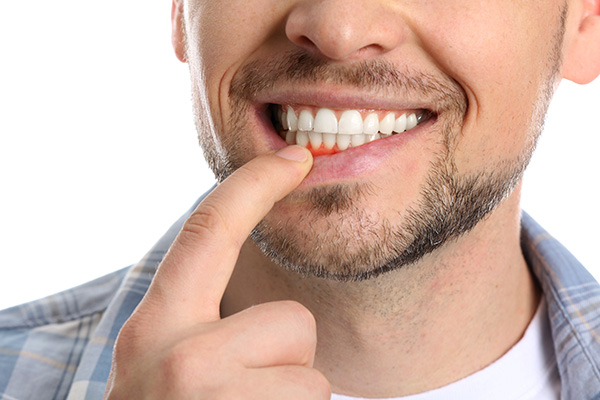 A general dentist can help you with gingivitis. Gingivitis is the early stage of periodontitis. Treatment must happen right away to stop it from progressing. If you want to know how your general dentist can treat your gingivitis, here are the details.
A general dentist can help you with gingivitis. Gingivitis is the early stage of periodontitis. Treatment must happen right away to stop it from progressing. If you want to know how your general dentist can treat your gingivitis, here are the details.
The diagnosis
The general dentist will review the patient’s medical and dental history. This will tell the dentist about any conditions contributing to the patient’s symptoms. A physical examination of the patient’s tongue, teeth, and gums follows. The dentist will also measure the gum pocket depth of the groove between the teeth and the gums. This is possible by placing a dental probe beneath the gumline beside the tooth.
Dental X-rays will also be part of the dentist’s examination. This will help check for bone loss in the deeper pockets. The dentist may also recommend a medical evaluation to see if the patient has underlying health concerns. This will make the dentist’s diagnosis clearer.
Scaling
Here, the general dentist removes dental calculus and plaque between the base of the crowns and between gums. This is possible with an ultrasonic instrument or manually with a small metal tool. These techniques can loosen plaque and tartar. The scaler must be in the gum pocket with its bevel between 45 and 90 degrees to the patient’s tooth. The dentist will then scrape in a circular, horizontal, or vertical motion.
Root planing
Gingivitis targets the dentin, cementum, or both. Root planing smoothens the rough surfaces. The dentist cleans well below the gumline, scraping the plaque and tartar on the dental roots. Root planing removes the cementum. The cementum is the hard film covering of the tooth root. This treatment may also remove a thin layer of dentin.
Professional brushing and flossing
Routine professional brushing from a general dentist removes all traces of bacteria, plaque, and tartar. A heavy-duty electric toothbrush moves in a circular motion all over the patient’s teeth. It is effective in dislodging any leftover tartar, plaque, and food particles. The dentist uses gritty toothpaste, which removes superficial staining. This toothpaste polishes the teeth as well. The dentist will floss the patient’s teeth after.
Dental restorations (if applicable)
Dental misalignment or ill-fitting dental restorations can irritate gums. This makes it difficult for the general dentist to remove plaque, tartar, and food particles. The dentist can correct any restorations or misalignment. These treatments can help reduce and even prevent gingivitis.
Continuous oral care and dental checks
Gingivitis often clears up on its own. This is possible by continuing proper oral care at home and seeing the general dentist for routine dental cleanings. Brushing and flossing daily can reduce and prevent gingivitis. Using fluoride mouthwash also helps.
You can keep gingivitis at bay with the help of your general dentist
Gum health depends on your dental health. Good oral hygiene at home is a good way to maintain dental health. Seeing your general dentist for regular professional dental cleaning is also helpful. These practices can help keep gingivitis from taking over.
Request an appointment or call Bliss Dental at 305-564-2530 for an appointment in our Kendall office.
Related Posts
Your general dentist always encourages you to have regular dental checks. This is not only to maintain your oral health. It is also because it is crucial for your general health. If you want to know the important health reasons to have regular dental checkups with your general dentist, here are the facts.The heart is…
Restoring teeth is one of a general dentist’s goals. Dental damage is sudden. The immediate thought is to see your dentist and get some dental repairs. The damage to your teeth may be more than just a chip or a crack. This is when dental crowns might be of use. If you want to know…
General dentistry often treats people for fractured teeth. You could suddenly fracture a tooth in everyday life. When this happens, you should immediately call your dentist. When you fracture or chip a tooth, the dentist can often repair it. There are many ways to restore a cracked tooth, depending on your situation. The dentist will…

